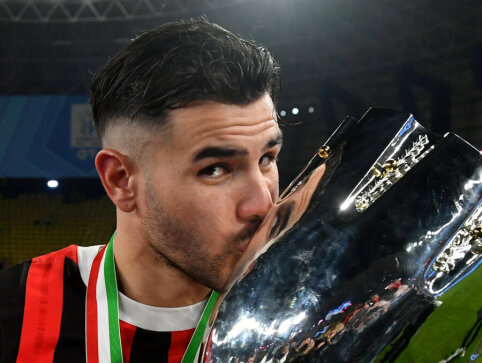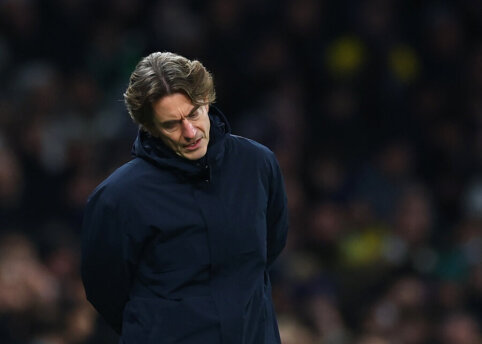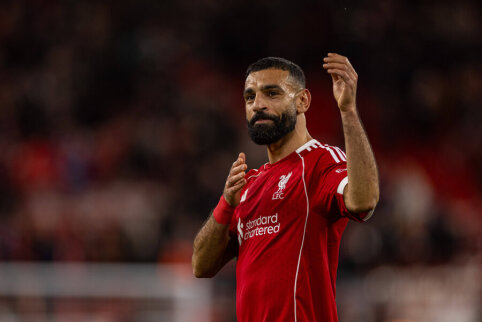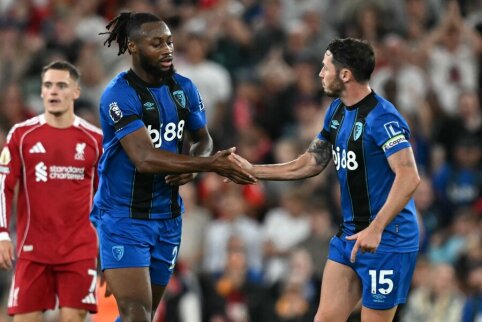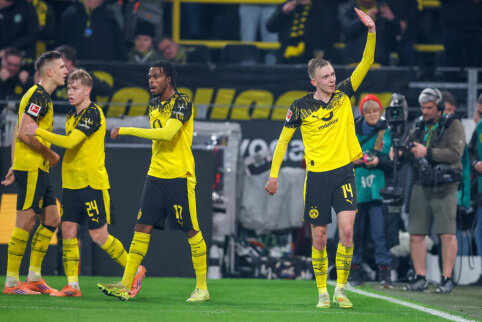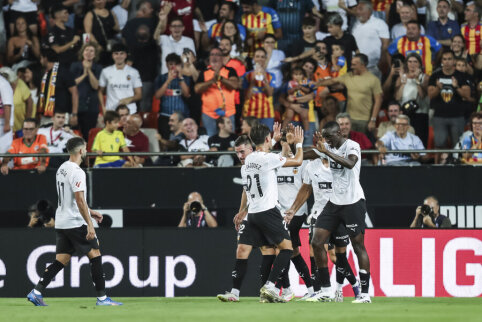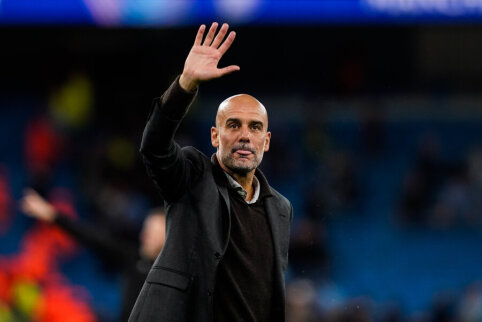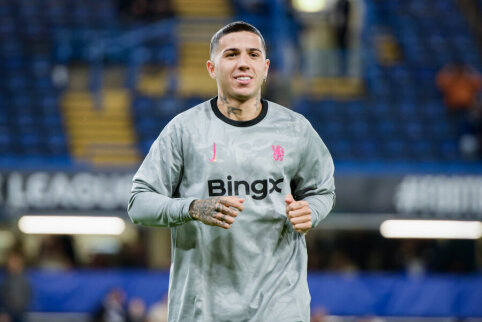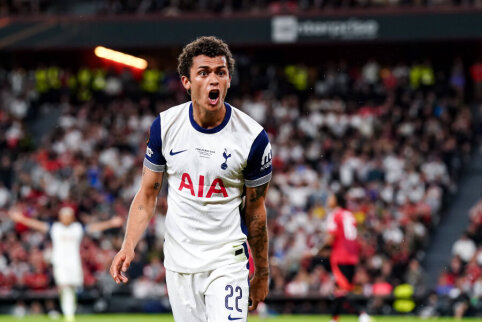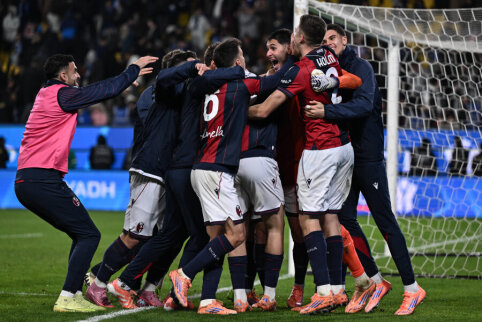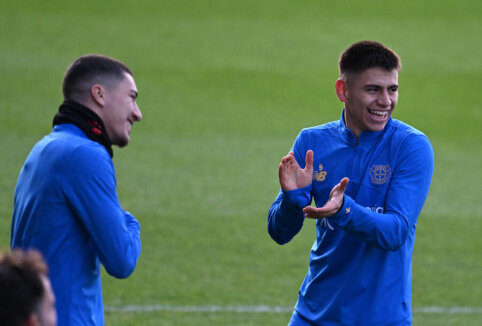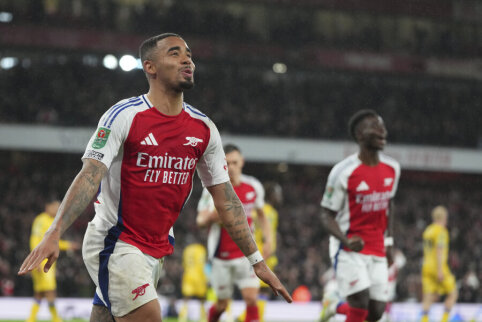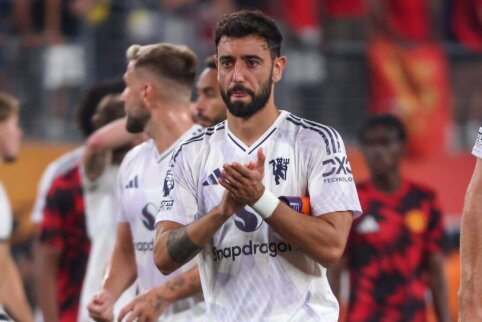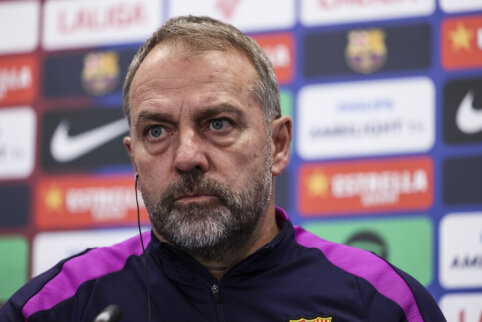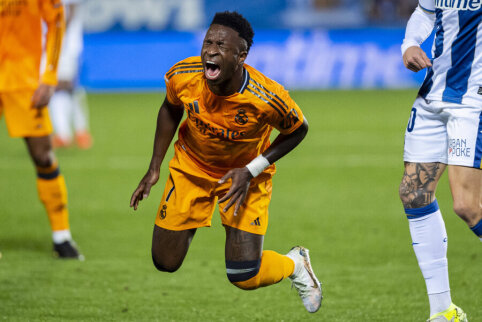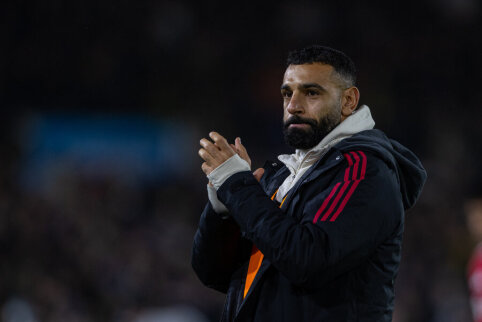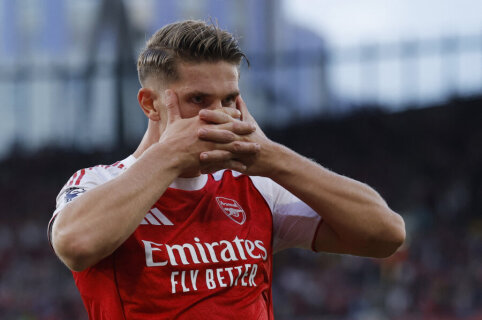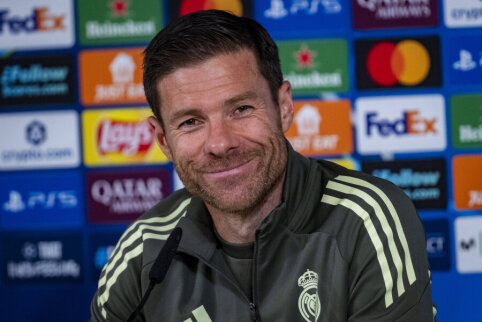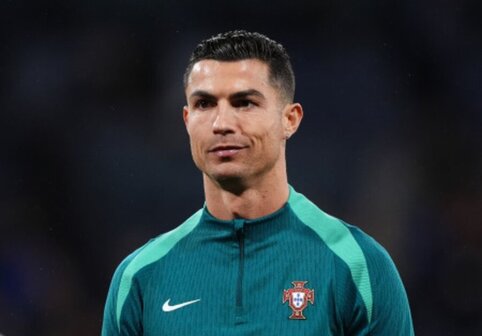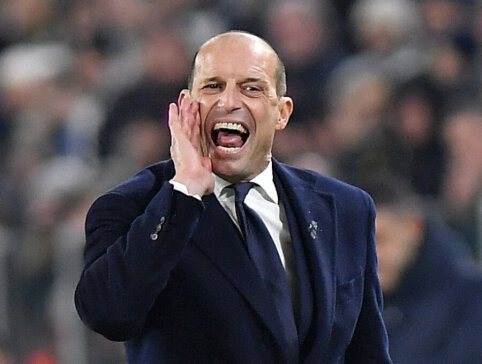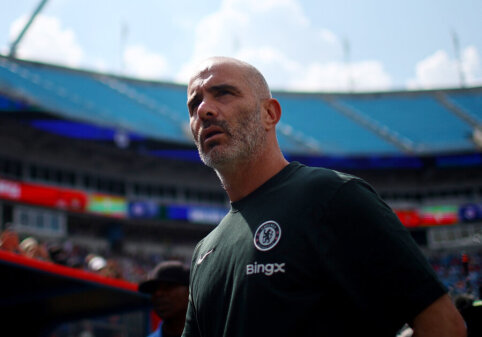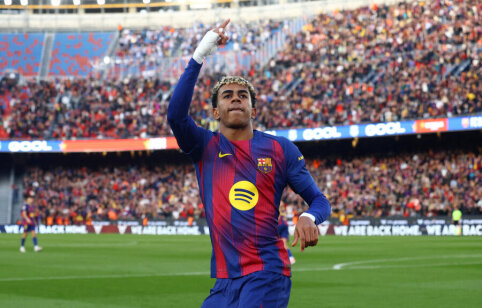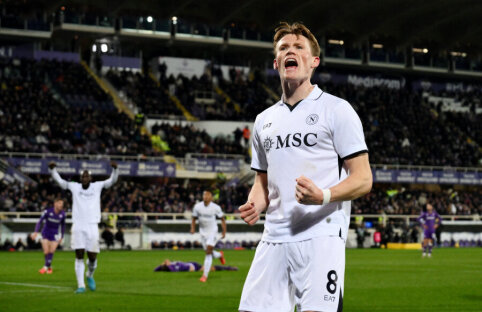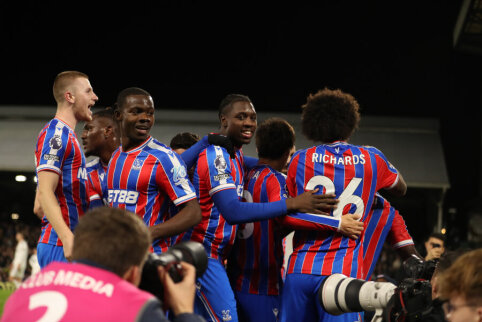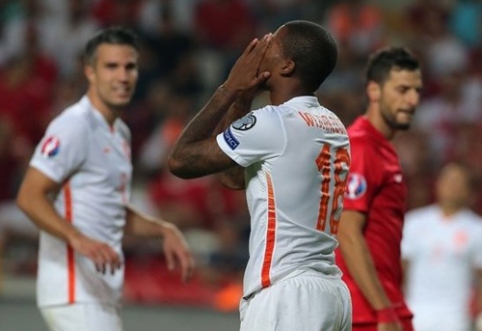
After securing spots in the Euro 2016 tournament, England, Czech Republic, and Iceland had many reasons to celebrate last weekend. However, the story in the Netherlands is quite different.
After losing 0-1 to Iceland and 0-3 to Turkey, the Netherlands dropped to fourth place in their qualifying group.
Theoretically, they can still secure third place and qualify for the playoffs, but this would require Turkey to lose at least one of their remaining two matches.
With their chances slipping away, qualifying for Euro 2016 is no longer in the hands of the Dutch. It is likely that next summer's tournament will be without the Oranje.
How did all this happen?
In the 2014 World Cup in Brazil, the Netherlands surprised many and finished in third place, defeating teams like Spain and Brazil along the way.
However, since then, one important thing has changed in the team. Louis van Gaal, who many credited as one of the main architects of the team's success in Brazil, left the national team to become the manager of Manchester United, forcing the Oranje to essentially start from scratch.
It can be said that Van Gaal's coaching and tactical methods defined how the team played in 2014.
For example, let's look at tactics. The Dutch usually pride themselves on playing attacking football in a 4-3-3 formation. Van Gaal abandoned that. Opting for a 5-3-2 formation, he decided to forego possession-based football and rely on counter-attacks.
Dutch fans and media reluctantly accepted this unconventional tactical change, but only if it brought better results. After the World Cup, everything was supposed to return to normal. Guus Hiddink, who replaced Van Gaal, seemed to understand this and quickly returned the team to their old 4-3-3 style.
As an allusion to the roots of 'total football,' the Dutch say they like to control games. Utilizing their advantages, their goal is to possess the ball for long periods and overwhelm opponents with their dominating, attacking style of play.
Theoretically, this is a good idea, but ultimately it has been proven to be unattainable. Hiddink paid the price for poor results in July when he was relieved of his duties, replaced by assistant Danny Blind.
What are the differences in the composition?
At first glance, the composition of the Netherlands seems the same. Veteran players like Robin van Persie, Arjen Robben, and Wesley Sneijder are responsible for the attacks, while younger players like Daley Blind, Georginio Wijnaldum, and Memphis Depay form the supporting backbone.
However, a closer look at the composition reveals deficiencies.
For example, the defense lacks experience. The best example is Porto center-back Bruno Martins Indi, who received a red card in the game against Iceland for a foolish challenge in a one-on-one duel with Kolbeinn Sigthorsson. Both fans and media agreed that the behavior of the 23-year-old player was unprofessional, perhaps due to his young age.
Then there is the painful truth that the forward line players have left their best years behind.
R. van Persie, who was the top scorer in the Premier League in the 2011-12 and 2012-13 seasons, left Manchester United this summer for Fenerbahce, W. Sneijder can no longer replicate the form he showed in the 2010 World Cup, and A. Robben is constantly plagued by injuries.
Lack of harmony in the Netherlands?
The lack of harmony in the team is becoming evident. Captaincy recently taken over by A. Robben, along with W. Sneijder and R. van Persie, are highly respected figures in the dressing room.
However, discipline becomes an increasing problem. After B. Martins Indi's red card against Iceland, A. Robben did not hesitate to criticize his defender and his dismissal, calling it 'foolish'.
There is also a problem with the coaches. G. Hiddink failed to motivate his players for the Euro 2016 qualifying cycle. Perhaps the transition from one style of play to another was too difficult for the players. While Van Gaal was seen as an almost authoritarian figure demanding discipline and respect from his players, Hiddink was a much more lenient coach.
What D. Blind's coaching style is like will be seen in the long run. But the current signs are not very good. The main question: will players stand behind an inexperienced and unproven coach?
What do the Dutch think about this situation?
Understandably, Dutch fans are extremely disappointed. After a very successful World Cup, many were expecting even greater success. The summer of 2016 was supposed to be a big orange party, especially knowing that the championship will take place in the Netherlands' neighborhood.
Now the general opinion is that this squad does not deserve success. Fans are shocked by the current results and feel that their honor has been tarnished. People seem to think that if we are not playing well, it is better to simply give up.
In the Dutch press, disappointment is mixed with anger. Second-grade journalists do not shy away from harsh phrases. This team is often called the 'laughing stock of Europe'.
Can the Netherlands return to their former glory? If we believe the fans and the media, the answer is that they will not be able to do so in the near future.
Can the situation change?
The Dutch football federation has already made the most obvious decision: they fired coach G. Hiddink. However, with inexperienced D. Blind, things are not improving for now.
Truthfully, the last chance to change everything for the Netherlands was in the game against Turkey. If they had won, the Dutch would have secured third place in the group and likely reached the playoffs.
But with the loss, they have only one chance: to win the matches against Kazakhstan away and Czech Republic at home and hope that Turkey loses one of their own matches - either against Czech Republic away or Iceland at home. In other words, the situation is no longer in the hands of the Dutch.
Even if they manage to secure third place, the Dutch would still have to play in the playoffs. Knowing the team's tragic current form, few people believe they will succeed.
Elko Born, "BBC Sport"
